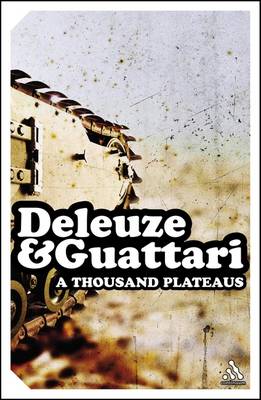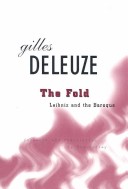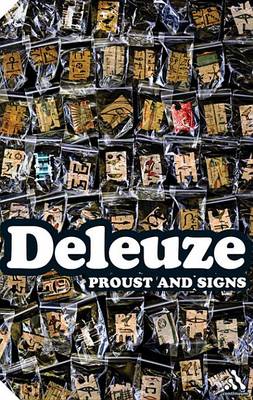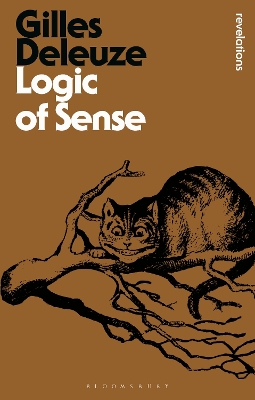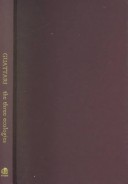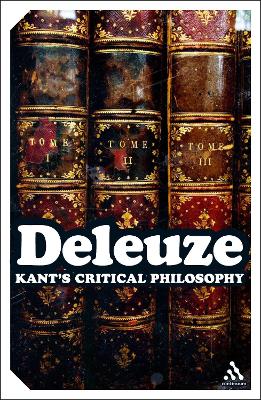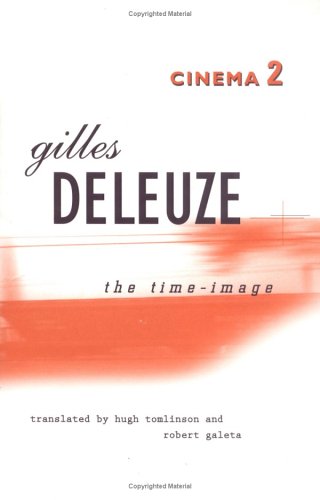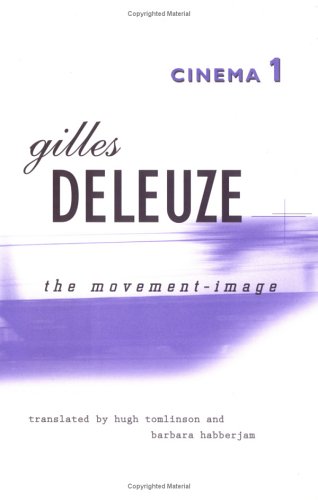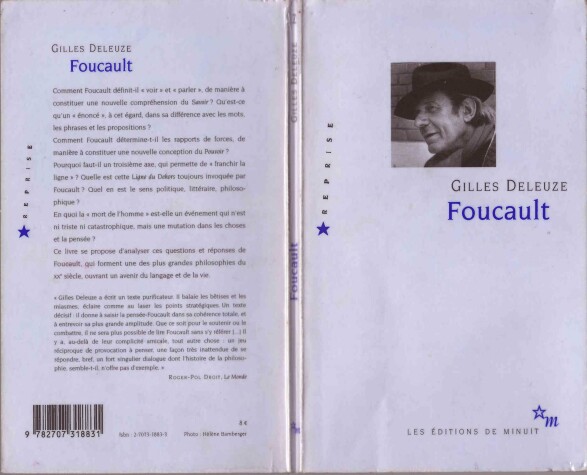Continuum Impacts
13 total works
Dialogues II
by Gilles Deleuze, Claire Parnet, Barbara Habberjam, and Eliot Ross Albert
The book is divided into 34 ‘series’ and five appendices covering a diverse range of topics including, sense, nonsense, event, sexuality, psychoanalysis, paradoxes, schizophrenia, literature and becoming and includes fascinating close textual readings of works by Lewis Carroll, Sigmund Freud, Seneca, Pierre Klossowski, F. Scott Fitzgerald, and Émile Zola. Logic of Sense is essential reading for anyone interested in post-war continental thought.
Kant's Critical Philosophy is an outstanding example of Deleuze's work and one of the best short introductions to Kant available. The book lays emphasis on Kant's own view of philosophy. Where most discussions of Kant's work concentrate on the Critique of Pure Reason and the moral philosophy, Deleuze gives a broad overview of the whole of the Critical Philosophy. The book makes an important and welcome contribution to the field of Kant studies.

